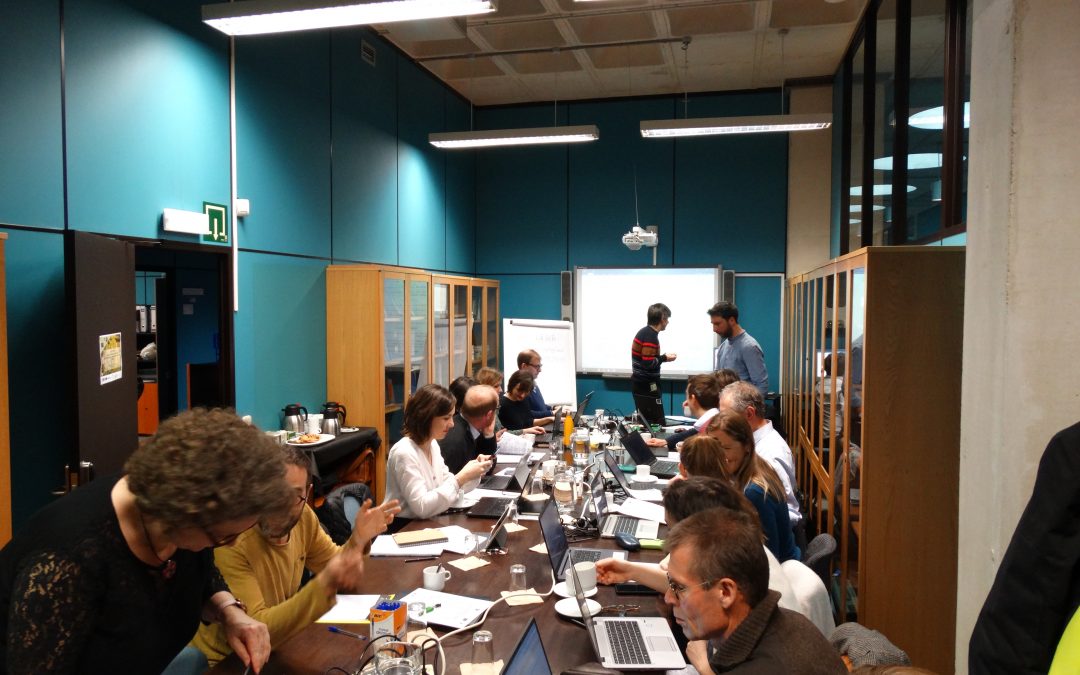
by Sophie Penavayre | 12 Mar 2020 | Adviclim
The time has come to compile the results and publish the final deliverables, finalize dissemination and strengthen networking and team building. The final meeting of the LIFE-ADVICLIM was held on 28 January 2020 at the Department of Agronomy of the University...
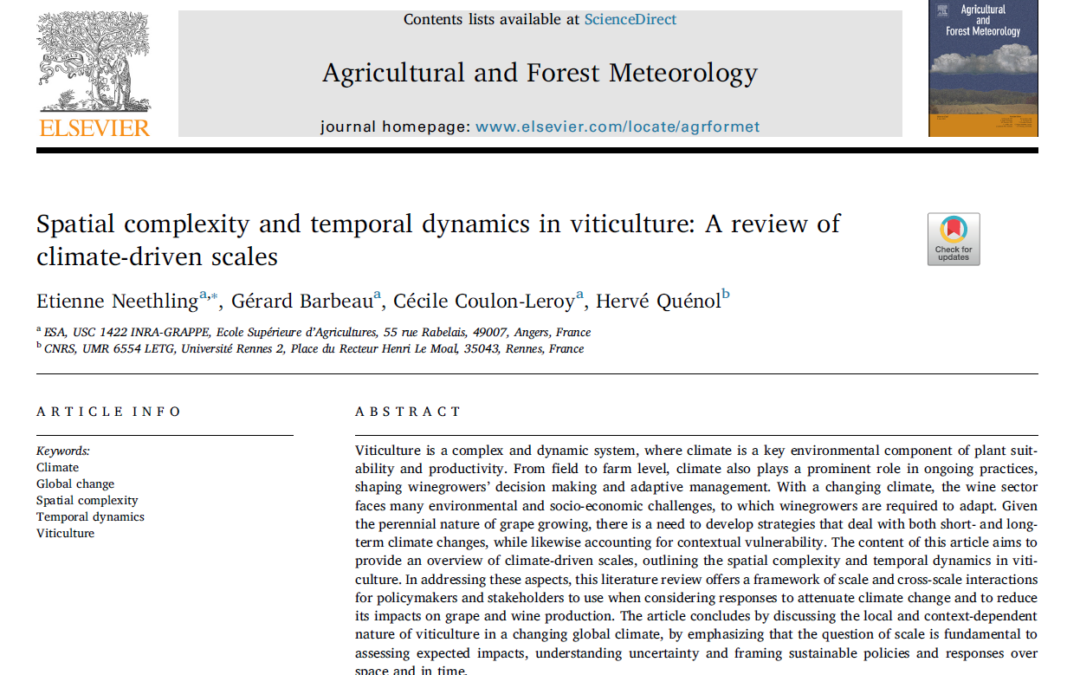
by Sophie Penavayre | 17 Jul 2019 | Adviclim
Viticulture is a complex and dynamic system, where climate is a key environmental component of plant suitability and productivity. From field to farm level, climate also plays a prominent role in ongoing practices, shaping winegrowers’ decision making and adaptive...

by Sophie Penavayre | 17 Jul 2019 | Adviclim
The first half of 2019 was marked in France by extreme atmospheric phenomena that could cause major damage in vineyards. In 2019, as part of the Life ADVICLIM and AVVENIR projects, 20 temperature sensors were installed in the wine region of Entre-Deux-Mers. These...
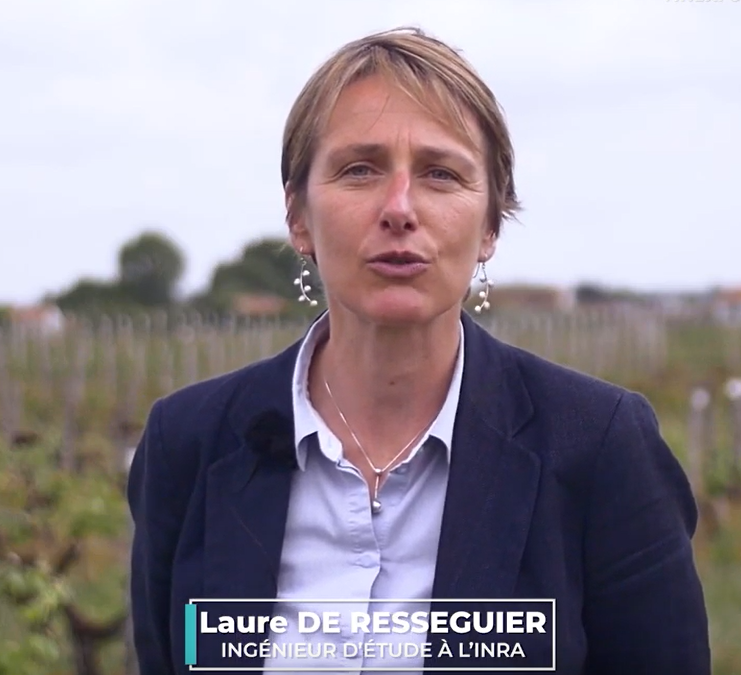
by Sophie Penavayre | 29 May 2019 | Adviclim
Interviewed at Act For Change 2019, Laure de Rességuier, talks about the LIFE-ADVICLIM project from the Saint-Emilion pilot site
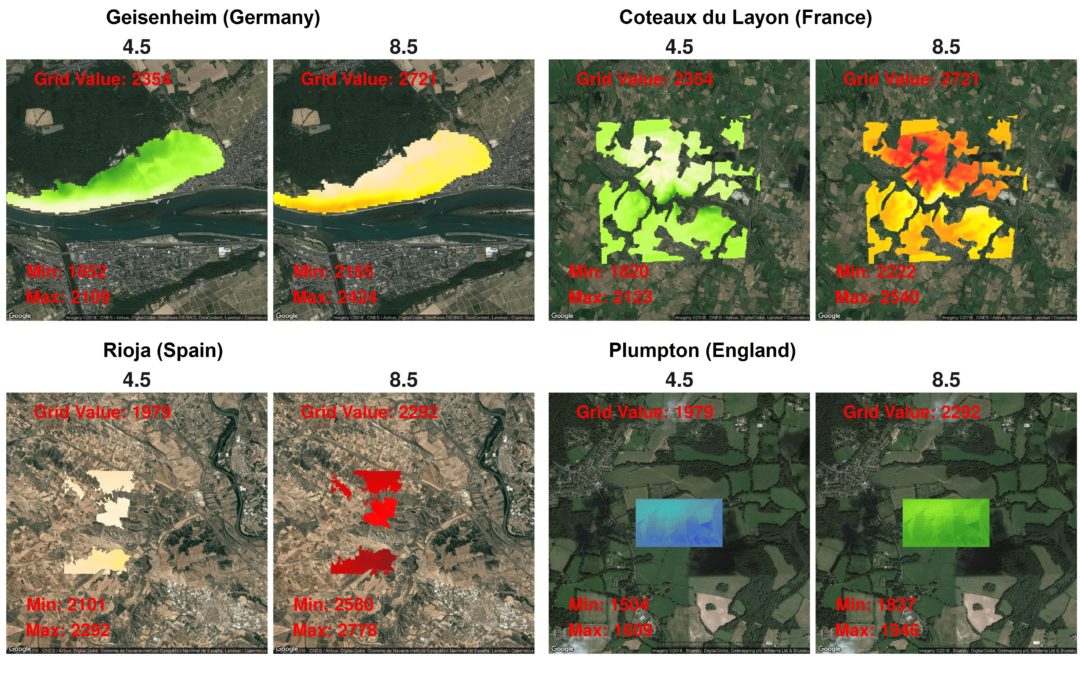
by Sophie Penavayre | 28 Jan 2019 | Adviclim
The integration of local climate variability (bioclimatic indices and phenological modelling) into regionalized climate change simulations provides an assessment of the impacts of climate change at the vineyard scale. The knowledge gained using this methodology is the...
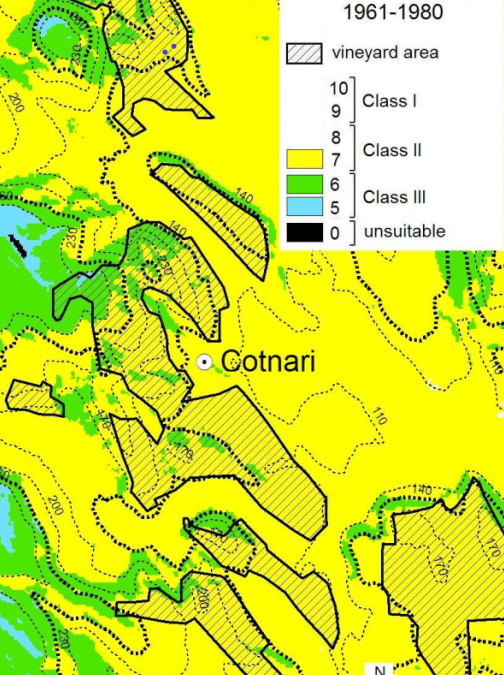
by Sophie Penavayre | 11 Dec 2018 | Adviclim
Following the results of the analysis on climate evolution in the Cotnari pilot site (Romania), where climatic change brought between 1961-2010 climate suitability for the red wine production (https://link.springer.com/article/10.1007%2Fs00704-017-2033-9), ADVICLIM...













